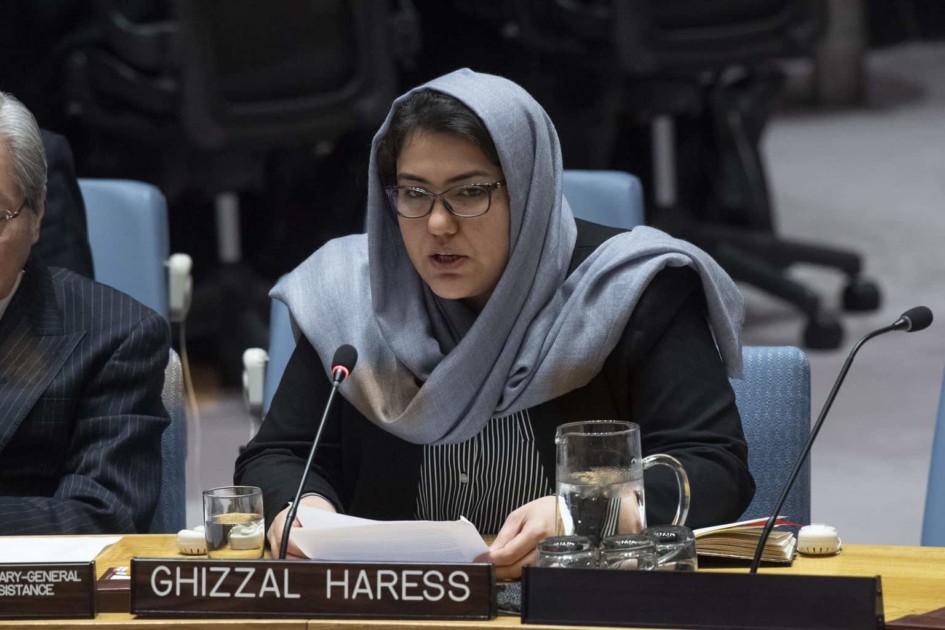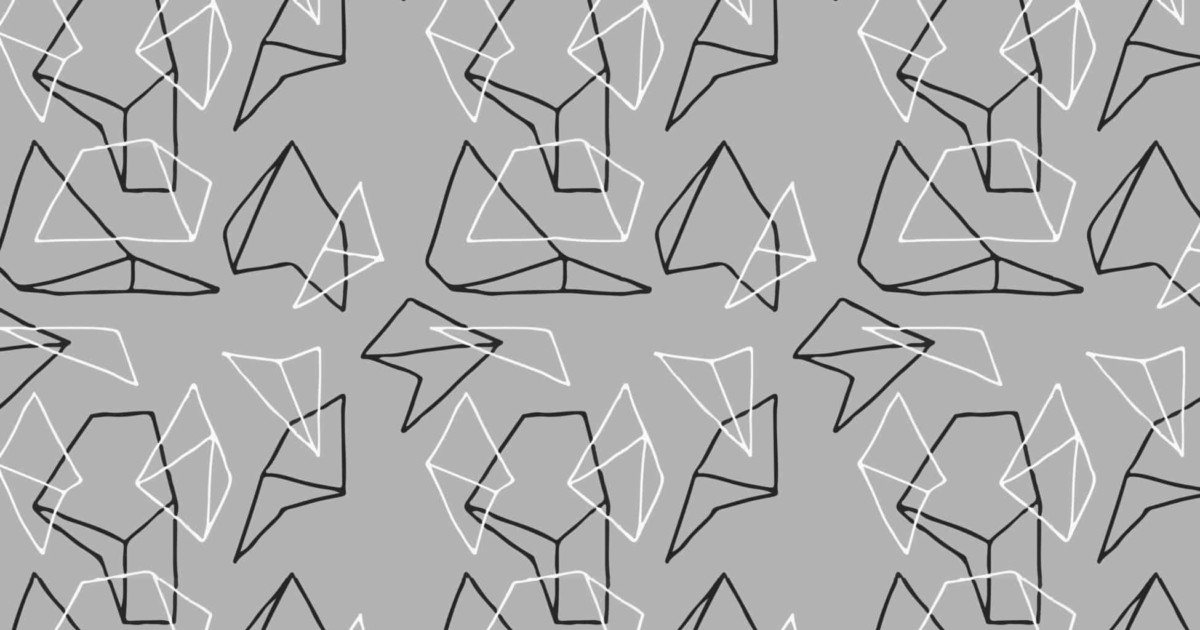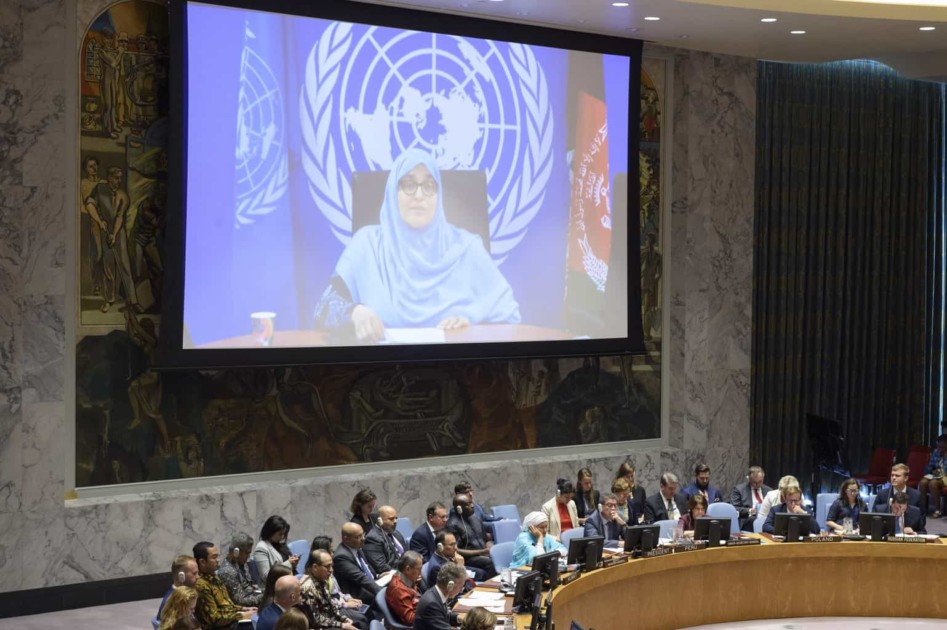Afghanistan
Afghanistan
Afghanistan has been engulfed in violent armed conflict since the fall of the Taliban regime in 2001, and efforts to build sustainable peace while preventing the re-establishment of extremist rule depend on the inclusion of women.
Living in the most dangerous place in the world to be a woman, as the Thomas Reuters Foundation revealed in 2011, Afghani women have emerged as leaders in the peace process— advocating constantly for more inclusive government, and inspiring marginalized groups nationwide to demand a place in the political system. Despite the important role that Afghani women play in bringing about social change in Afghanistan, many barriers to their involvement still exist.
Based on the work of NGOWG members and their partners, the NGOWG advocates for eliminating these barriers by encouraging UNAMA to support the Afghan government in fully implementing the National Action Plan on Women, Peace and Security (NAP), and ensuring women’s full and equal participation in regularly held elections.
Current and Past Recommendations to the UN Security Council (Monthly Action Points)
Since taking power more than two years ago, the Taliban have systematically violated women’s human rights in both policy and practice by codifying gender-based discrimination across nearly every aspect of public and private life. As reinforced by UN human rights experts, the ongoing, escalating, systematic and grave human rights violations directed at women, girls and people of all genders may amount to gender persecution, a crime against humanity. International experts have further warned that the situation could be characterized as gender apartheid, and called for the codification of this crime. The Taliban continue to target human rights defenders (HRDs) due not only to their work, but also their gender. Women human rights defenders (WHRDs) and protestors have been detained, without any charge or access to legal representation and have faced abuses in custody, including torture. UN human rights experts have expressed deep concern over women and girls being forcibly taken, arbitrarily detained and subject to ill-treatment for wearing “bad hijab” and allegedly violating the Taliban’s dress code. During forthcoming meetings, Council members should:
- Ensure that any implementation of the recommendations of the independent assessment mandated by Resolution 2679 (2023) require protection of women’s human rights, in accordance with Afghanistan’s international obligations and swift reversal of any policies and practices that restrict them; and further, ensure the full, equal, meaningful and safe participation of diverse Afghan women and LGBTIQ people, especially WHRDs and peacebuilders, in all discussions and outcomes by the Security Council, UN or international community about Afghanistan’s future. Further, the creation of any future mechanisms for international engagement on Afghanistan, including a UN Special Envoy, must prioritize women’s human rights, include robust expertise on human rights and gender, and ensure regular and meaningful consultations with diverse Afghan WHRDs and women civil society representatives.
- Call for the immediate reversal of the ban on Afghan women working for the United Nations and NGOs, which is in violation of the UN Charter and the Convention on the Elimination of All Forms of Discrimination Against Women (CEDAW), and call for all humanitarian actors to ensure safe, principled and non-discriminatory humanitarian delivery to all Afghans in need, as well as the leadership and participation of women in humanitarian action.
- Call for all parties, including the Taliban and other armed groups, to respect international human rights and humanitarian law, immediately stop targeting HRDs, peacebuilders and journalists, and release all those who have been arbitrarily arrested and detained. Call for perpetrators of human rights violations, including gender persecution and other abuses targeting diverse women and girls, to be held accountable.
- Call for current mandate of the United Nations Assistance Mission in Afghanistan (UNAMA) to be preserved and fully implemented, particularly its role advocating for the protection and promotion of women’s rights; monitoring and reporting on human rights, including violations, abuses and reprisals against WHRDs, and all forms of gender-based violence (GBV); and ensuring meaningful engagement with diverse Afghan women’s rights organizations.
Relevant Resources









